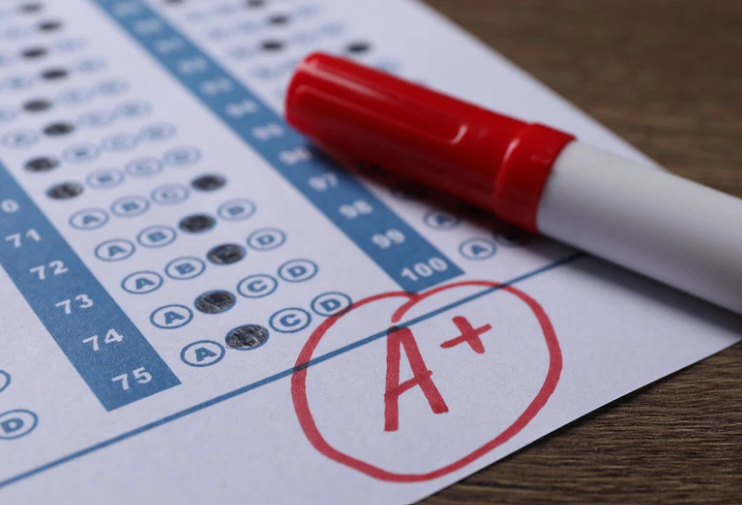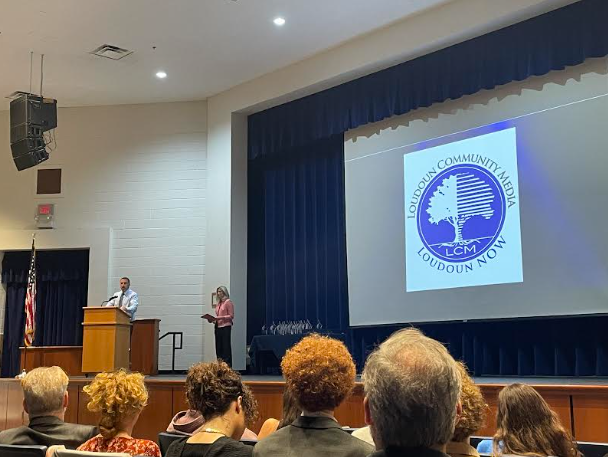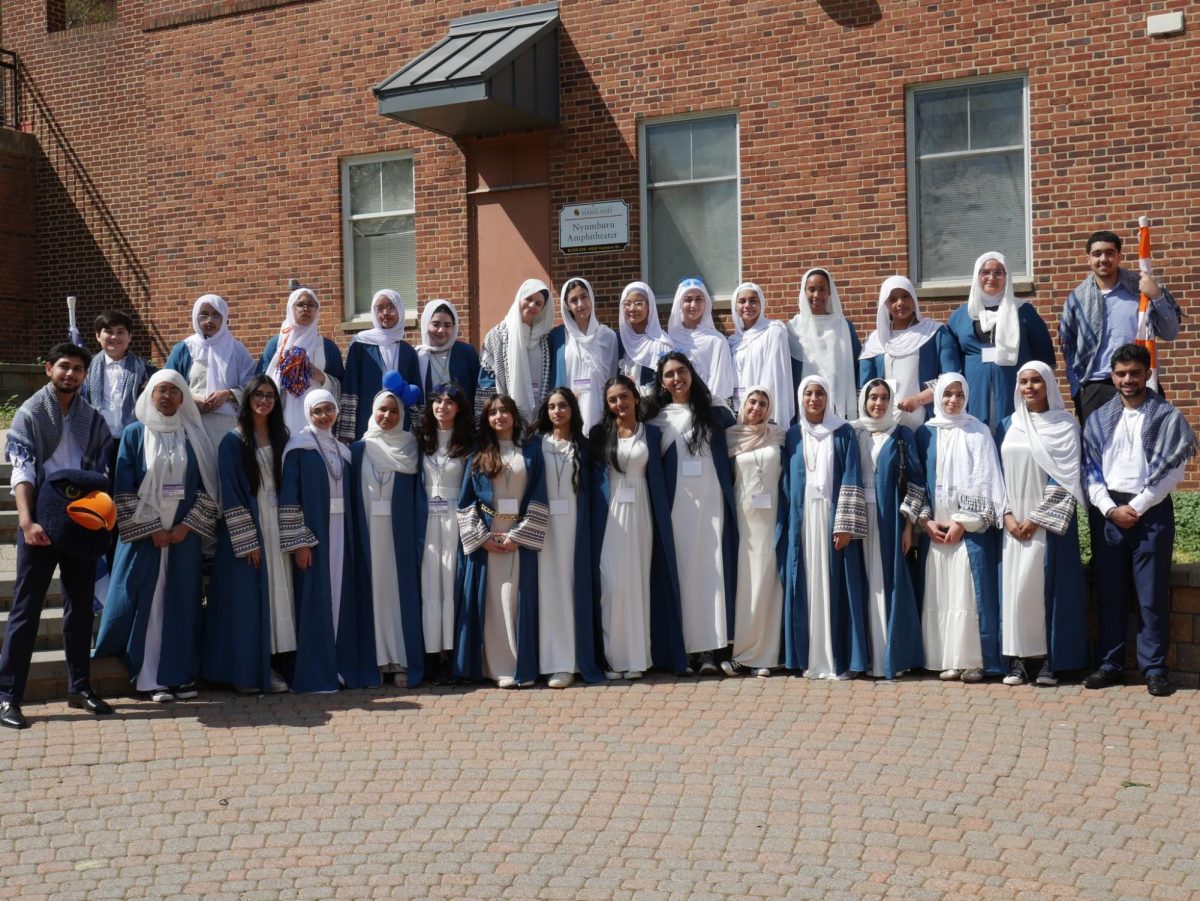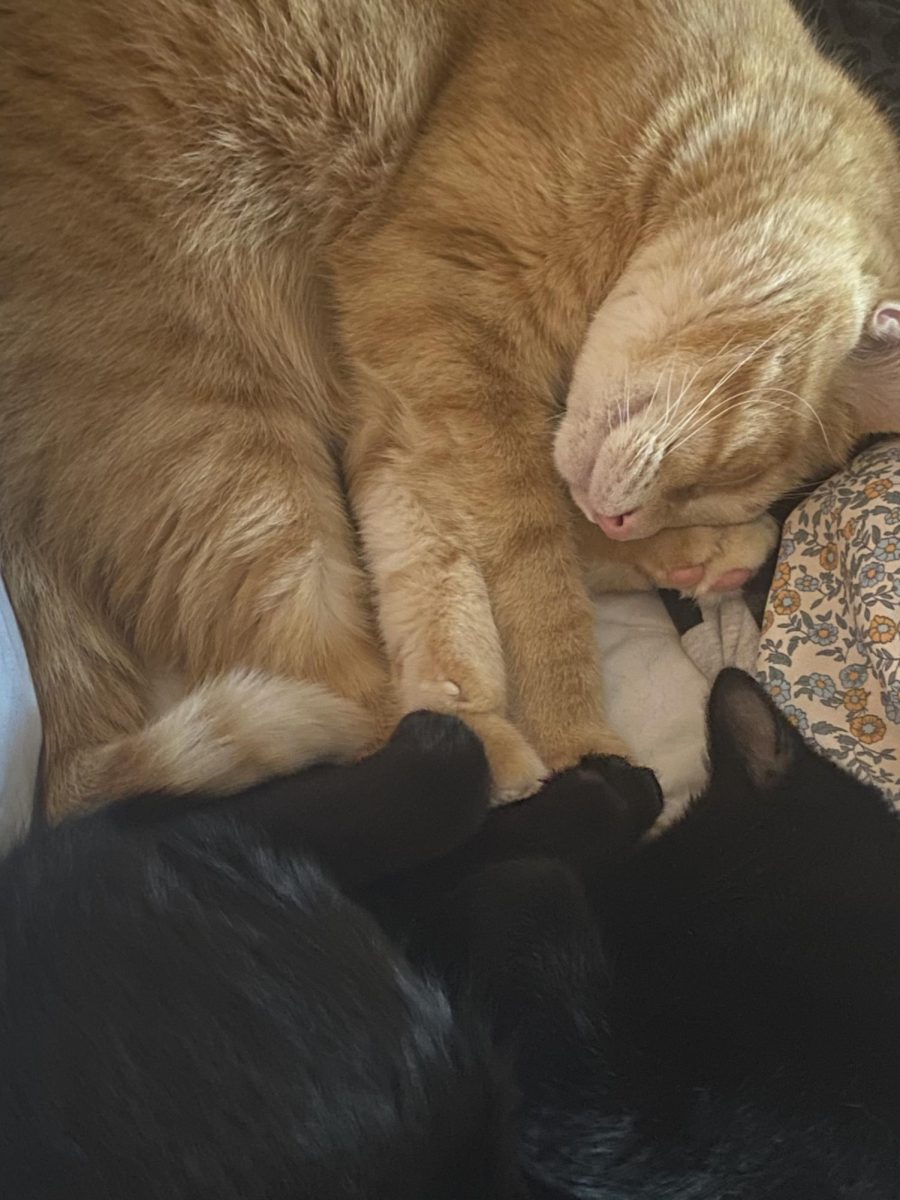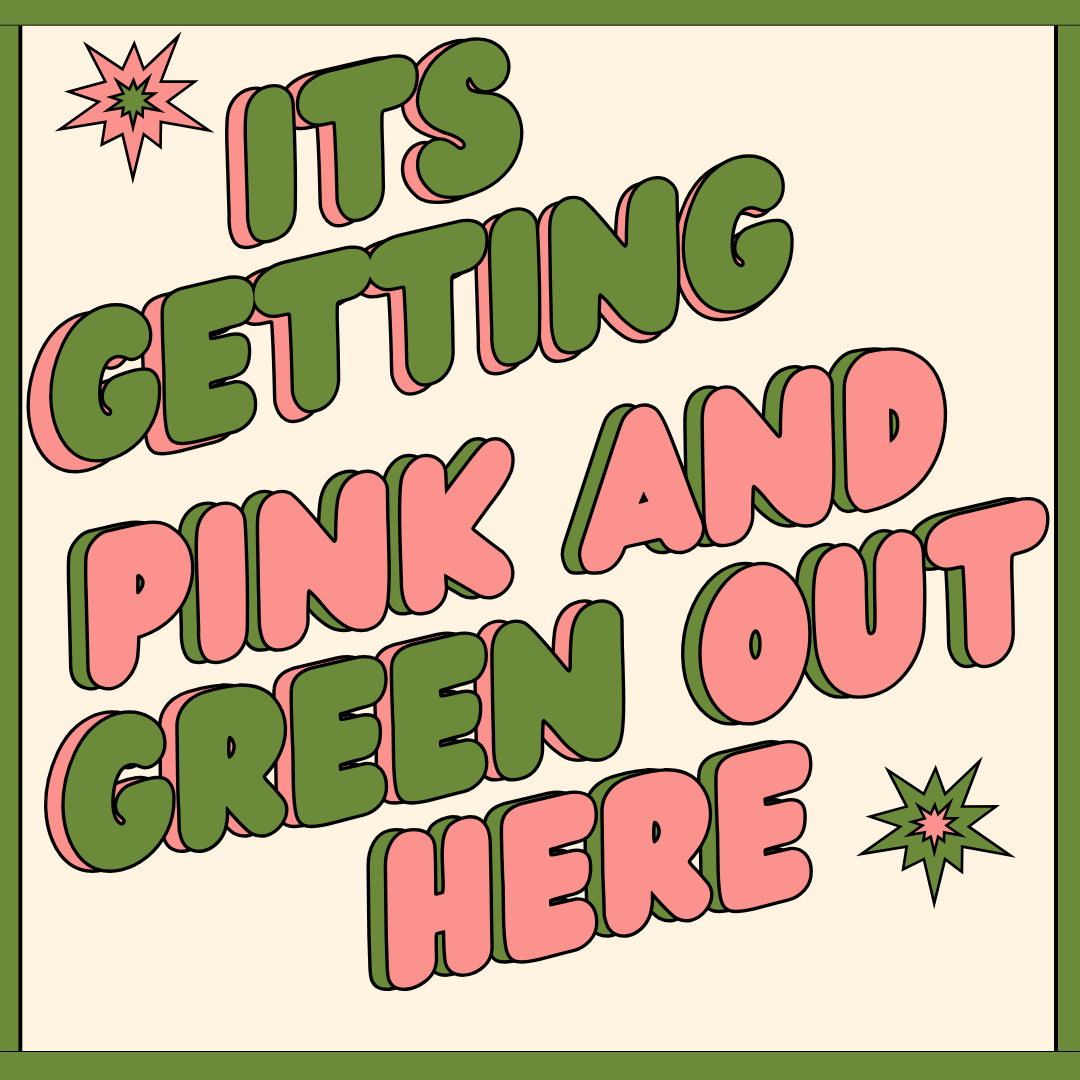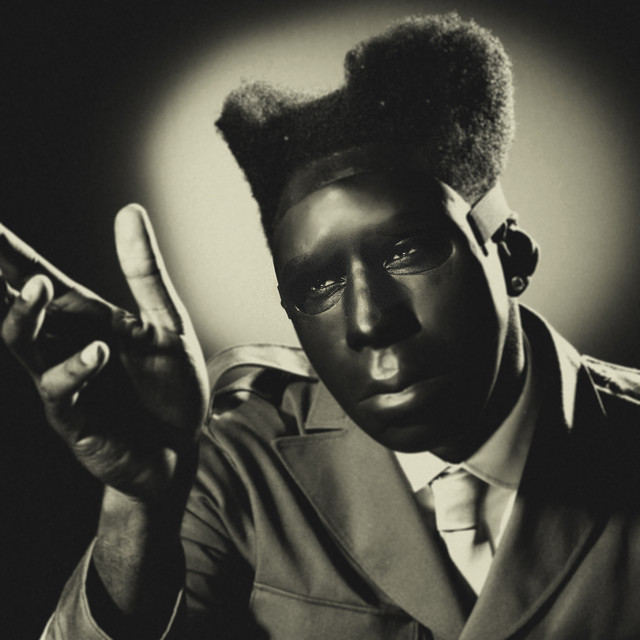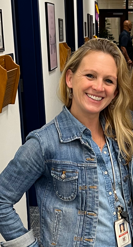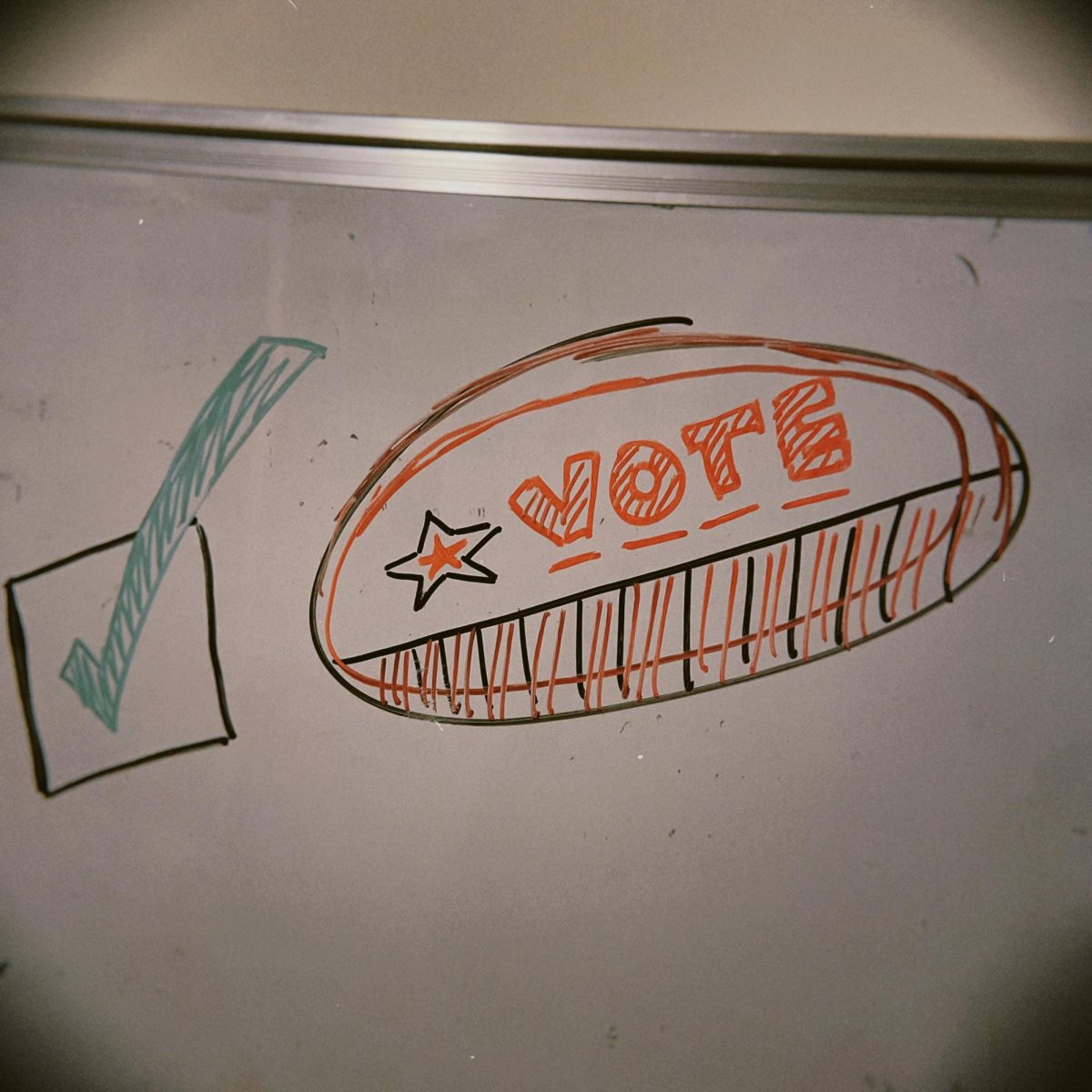College Admissions
April 30, 2021
The past year has been incredibly difficult for the entire world, and students have experienced a unique set of challenges in this situation. In dealing with COVID-19 pandemic, the class of 2021 has missed out on a significant portion of their junior year and completed the entire college application process virtually. The majority of colleges and universities have removed SAT and ACT requirements while still maintaining the option for students who have scores to submit them. However, this has not proven to make it any easier for a student with a low test score to be accepted into a more competitive college or university. According to Forbes, the number of applicants to Ivy League schools has surged astronomically this year, most notably with Columbia’s 51% increase in applications received. However, with this increase acceptance rates have dropped significantly, with Harvard’s lowest ever at 3.4%. Despite the increased number of applicants, colleges going test optional isn’t the only reason behind lower admissions this application cycle. Many students accepted last year have decided to defer their acceptances, due to the pandemic, drastically altering what would have been their first year of college, leading to less spots for this year’s applicants.
Despite the surge in applications, students from low income backgrounds are less likely to apply to college at all this year, due to treacherous financial circumstances caused by the pandemic. Community colleges have seen a decrease in applications, suggesting these students aren’t even able to attend the least expensive form of higher education. Furthermore, the outcome of admissions for the Class of 2021 has generated concern for next year’s admission cycle. It is unclear whether or not colleges and universities will remain test optional or return to requiring scores once the majority of the country is vaccinated and can safely secure SAT and ACT tests. Remaining test optional could potentially lock in the sharp increase in the competitiveness of college application we’ve seen this year. However, it could simultaneously increase equity. Students unable to afford tutoring for these tests – or those that struggle to pay for the tests themselves – would be on the same level as those who shell out hundreds, if not thousands of dollars on extensive academic support, and aren’t restricted by their financial situation to take as many tests as needed.
For now, some question whether or not incoming students will begin their first year of college the same isolated way as 2020 freshmen. Many universities have announced plans for a traditional start to the year in the fall, and increased vaccination rates have made some more confident in a school year reminiscent of pre-pandemic days. However, those in their senior year of college are looking at their last and most tumultuous year of education, and entering a job market at its worst in just over a decade. For younger college students, there is optimism, but for those on the verge of graduating, there is no grand hurrah for the years of hard work they have endured. There is simply quiet celebration in spite of a year that has brought the deaths of more than a million people across the globe.



